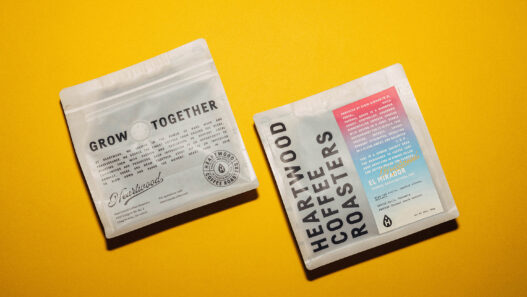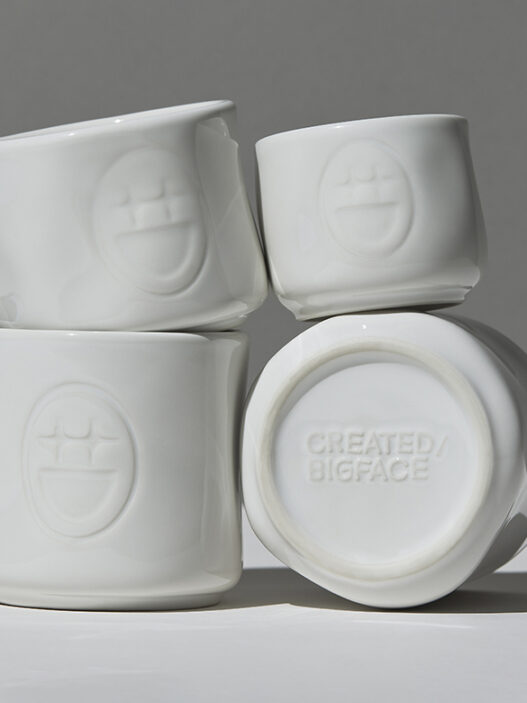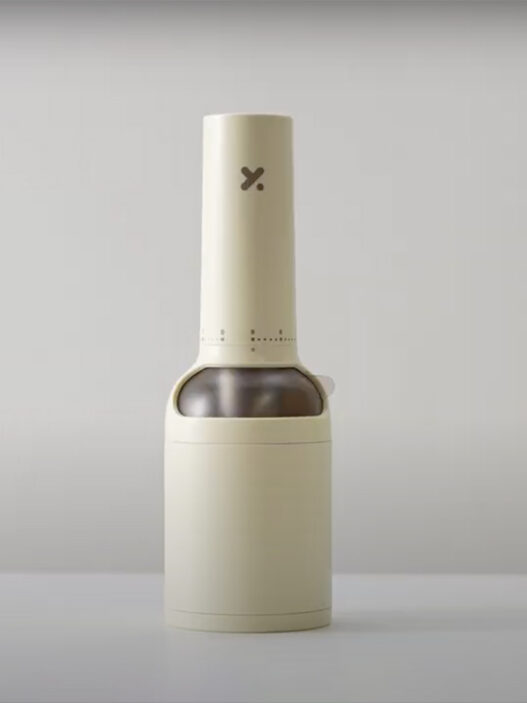Coffee and the automobile are two peas in a pod. In the past we’ve seen coffee being used in everything from making car parts to the roads upon which they drive, even a coffee race car of all things, and of course fueling the drivers on late-night road trips. But now, scientists have found a way to make literal fuel using coffee.
As reported by Science Daily, researchers from Aston University in Birmingham, England have found a way to make biodiesel using spent coffee grounds. The researchers, Dr. Vesna Najdanovic and Dr. Jiawei Wang, found that used coffee grounds provided an ideal environment for a certain microalgae to create a biodiesel that “produces minimal emissions.”
Their work, which appears in the November edition of the journal Renewable and Sustainable Energy Reviews, took a microalgae, Chlorella vulgaris sp., and applied to coffee grounds to grow, providing the organisms with no additional nutrients. Prior to the study, this microalgae was cultivated on materials like polyurethane foam or nylon, which provided no nutritional support and required additional enrichment to create biofuel. Through their research, Drs. Najdanovic and Wang found not only a nutrient-rich growing environment, but one that would otherwise end up in a landfill (or at best a compost pile).
The resultant biodiesel, per Science Daily, offers “good engine performance” and even meets US and European specifications.
It is yet another step in coffee’s hostile takeover of the transportation industry. Soon enough, we’ll all be driving around on coffee roads in our coffee cars powered by coffee, listening to the only song allowed to play on the radio, Sylvan Esso’s Coffee. To which I say, “Sign me up!” (Except for the Sylvan Esso part. I’ve been to enough Barista Championships.)
Zac Cadwalader is the managing editor at Sprudge Media Network and a staff writer based in Dallas. Read more Zac Cadwalader on Sprudge.











 Submit a Press Release
Submit a Press Release














